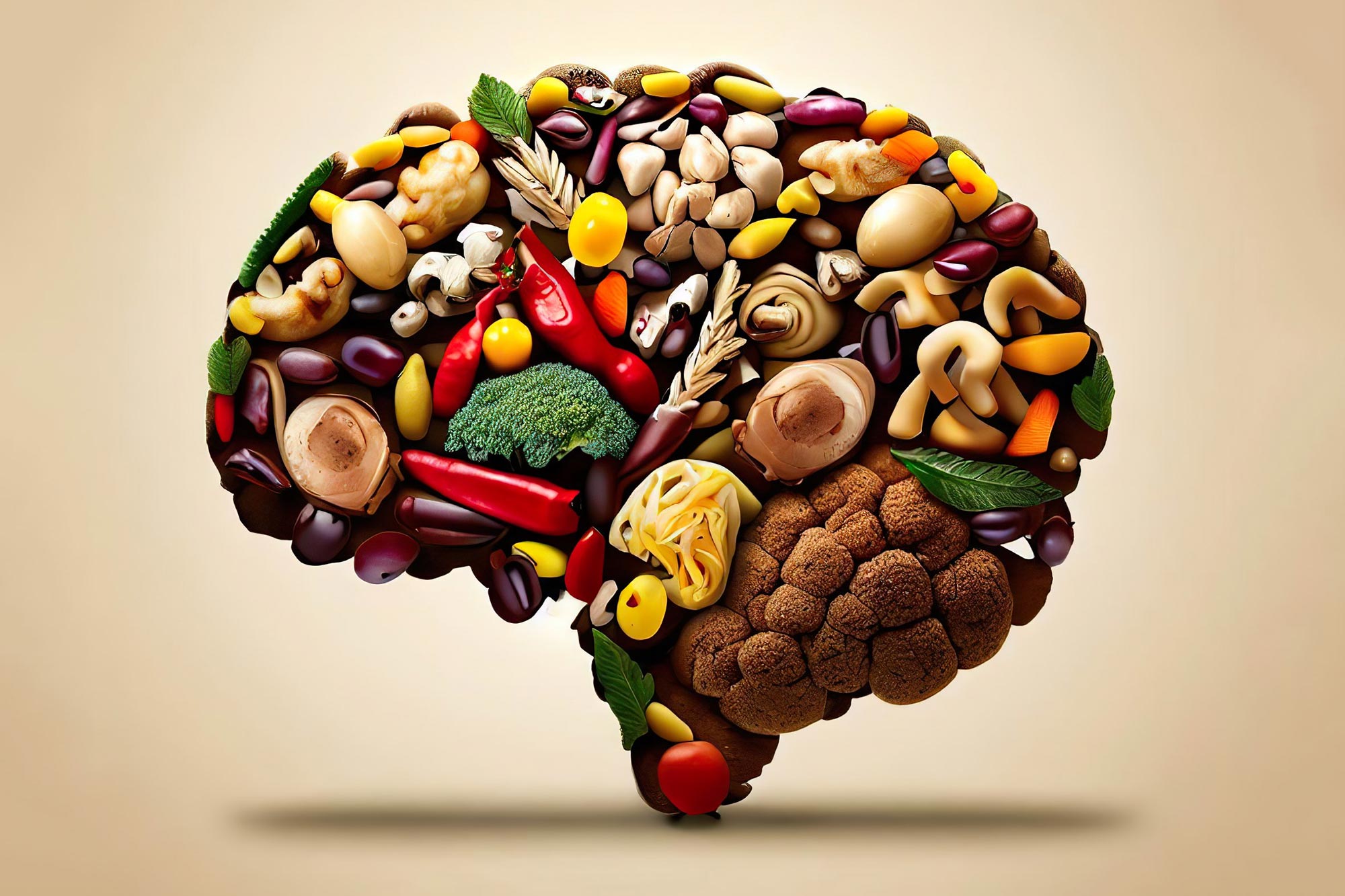
Una dieta verde y mediterránea puede retrasar el envejecimiento del cerebro, según un estudio de la Universidad Ben Gurion. Los investigadores descubrieron que una reducción del 1 % en el peso corporal puede hacer que el cerebro parezca unos 9 meses más joven durante un período de 18 meses. Este descubrimiento ofrece un método potencial para retrasar el envejecimiento cerebral causado por la obesidad y una estrategia para evaluar el impacto de los cambios en el estilo de vida en la salud del cerebro.
Los nuevos hallazgos de un ensayo de dieta a largo plazo muestran un efecto positivo en la salud del cerebro.
Cambiar a una dieta mediterránea verde afecta positivamente la salud del cerebro, según una nueva investigación de la Universidad Ben-Gurion del Negev. La pérdida de peso mejoró el envejecimiento cerebral en un subestudio del ensayo DIRECT-PLUS.
DIRECT PLUS fue un ensayo clínico a largo plazo a gran escala durante 18 meses entre 300 participantes.
El subestudio fue realizado por la profesora Galia Avidan del Departamento de Psicología y el Dr. Gideon Levakov, exestudiante graduado en el Departamento de Ciencias Cognitivas y del Cerebro.
Sus hallazgos fueron publicados recientemente en el Scientific Journal. eLife.

Profesor Galya Avidan. Crédito: Danny Machlis/BGU
El estudio más amplio fue dirigido por la profesora Iris Shay de la Universidad Ben-Gurion del Negev, profesora asistente de la Escuela de Salud Pública de Harvard y profesora emérita de la Universidad de Leipzig, Alemania, junto con el exestudiante de posgrado Dr. Alon. Kaplan y colegas de las universidades de Harvard y Leipzig.

Dr. Gedeón Levakov. Crédito: BGU
La obesidad está asociada con un envejecimiento cerebral más rápido de lo que normalmente se esperaría. Los investigadores pueden capturar este proceso calculando la “edad cerebral” de una persona: la edad que aparece su cerebro en escaneos detallados, independientemente de la edad cronológica. Este enfoque también ayuda a investigar cómo ciertos factores, como el estilo de vida, afectan el envejecimiento del cerebro en períodos de tiempo relativamente cortos.
Levakov, Kaplan, Shay y Avidan estudiaron a 102 personas que cumplían con los criterios de obesidad. Los participantes recibieron un escáner cerebral al principio y al final del programa; También se realizaron más pruebas y mediciones en estos momentos para captar otros procesos biológicos afectados por la obesidad, como la salud del hígado.
Utilizaron escáneres cerebrales tomados al principio y al final del estudio para examinar el efecto de una intervención en el estilo de vida en el curso del envejecimiento. Los resultados revelaron que una disminución del 1% en el peso corporal dio como resultado que la vida cerebral de los participantes fuera aproximadamente 9 meses más joven que la vida cerebral esperada después de 18 meses. Este deterioro del envejecimiento se ha asociado con cambios en otras medidas biológicas, como la disminución de la grasa hepática y las enzimas hepáticas. Se ha demostrado previamente que el aumento de la grasa hepática y la producción de ciertas enzimas hepáticas afectan negativamente la salud del cerebro en[{” attribute=””>Alzheimer’s disease.

Credit: BGU
“Our study highlights the importance of a healthy lifestyle, including lower consumption of processed food, sweets, and beverages, in maintaining brain health,” says Dr. Levakov.

Prof. Iris Shai. Credit: Dani Machlis/BGU
“We were encouraged to find that even a weight loss of 1% was sufficient to affect brain health and lead to a 9-month reduction in brain age,” says Prof. Avidan.
The findings show that lifestyle interventions that promote weight loss can have a beneficial impact on the aging trajectory of the brain seen with obesity. The next steps will include figuring out whether slowing down obesity-driven brain aging results in better clinical outcomes for patients. In addition, the study shows a potential strategy to evaluate the success of lifestyle changes on brain health. With global rates of obesity rising, identifying interventions that have a positive impact on brain health could have important clinical, educational, and social impacts.
The DIRECT-PLUS trial research team was the first to introduce the concept of the green-Mediterranean, high polyphenols diet. This modified Mediterranean diet is distinct from the traditional Mediterranean diet because of its more abundant dietary polyphenols (phytochemicals, secondary metabolites of plant compounds that offer various health benefits) and lower red/processed meat. On top of a daily intake of walnuts (28 grams), the green-Mediterranean dieters consumed 3-4 cups of green tea and 1 cup of Wolffia-globosa (Mankai) plant green shake of duckweed per day over 18 months. The aquatic green plant Mankai is high in bioavailable iron, B12, 200 kinds of polyphenols and protein, and is therefore a good substitute for meat.

Dr. Alon Kaplan. Credit: BGU
Reference: “The effect of weight loss following 18 months of lifestyle intervention on brain age assessed with resting-state functional connectivity” by Gidon Levakov, Alon Kaplan, Anat Yaskolka Meir, Ehud Rinott, Gal Tsaban, Hila Zelicha, Matthias Blüher, Uta Ceglarek, Michael Stumvoll, Ilan Shelef, Galia Avidan and Iris Shai, 6 April 2023, eLife.
DOI: 10.7554/eLife.83604
Additional researchers included: Anat Yaskolka Meir, Ehud Rinott, Gal Tsaban, Hila Zelicha, and Prof. Ilan Shelef of BGU, as well as Matthias Blüher, Uta Ceglarek, Michael Stumvoll of the University of Leipzig.
This work was funded by grants from the Deutsche Forschungsgemeinschaft (DFG, German Research Foundation) – Project number 209933838- SFB 1052; the Rosetrees Trust (grant A2623); Israel Ministry of Health grant 87472511; Israel Ministry of Science and Technology grant 3-13604; and the California Walnuts Commission.
None of the funding providers took part in any stage of the design, conduct, or analysis of the study, and they had no access to the study results before publication.

“Amante de los viajes. Pionero de Twitter. Ávido gurú de la televisión. Aficionado a Internet galardonado”.

